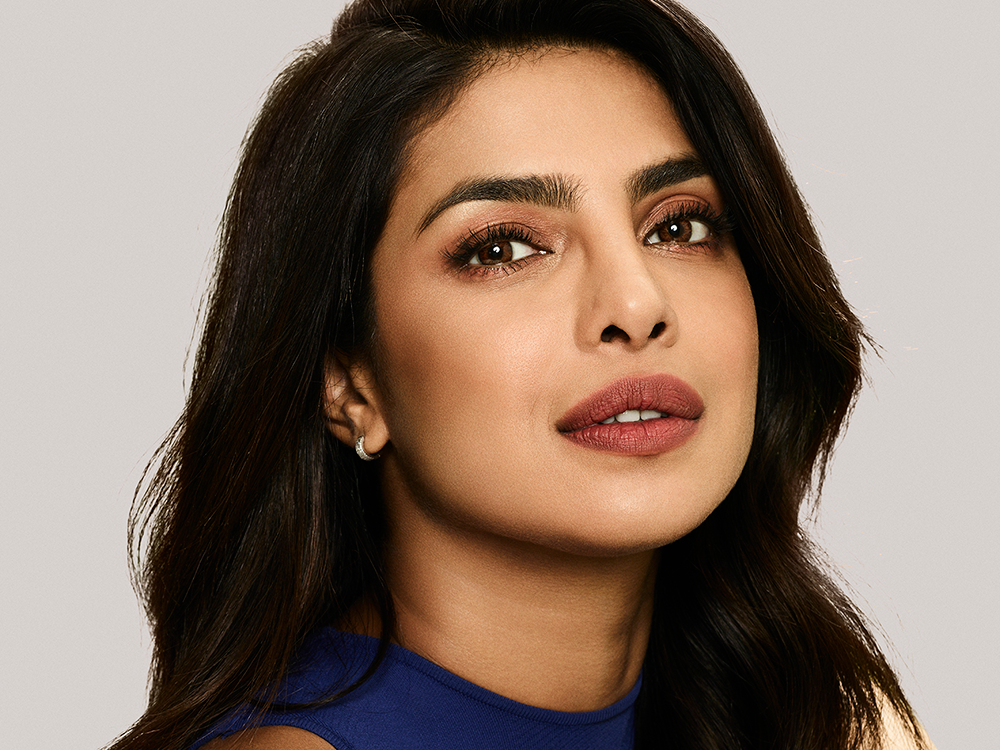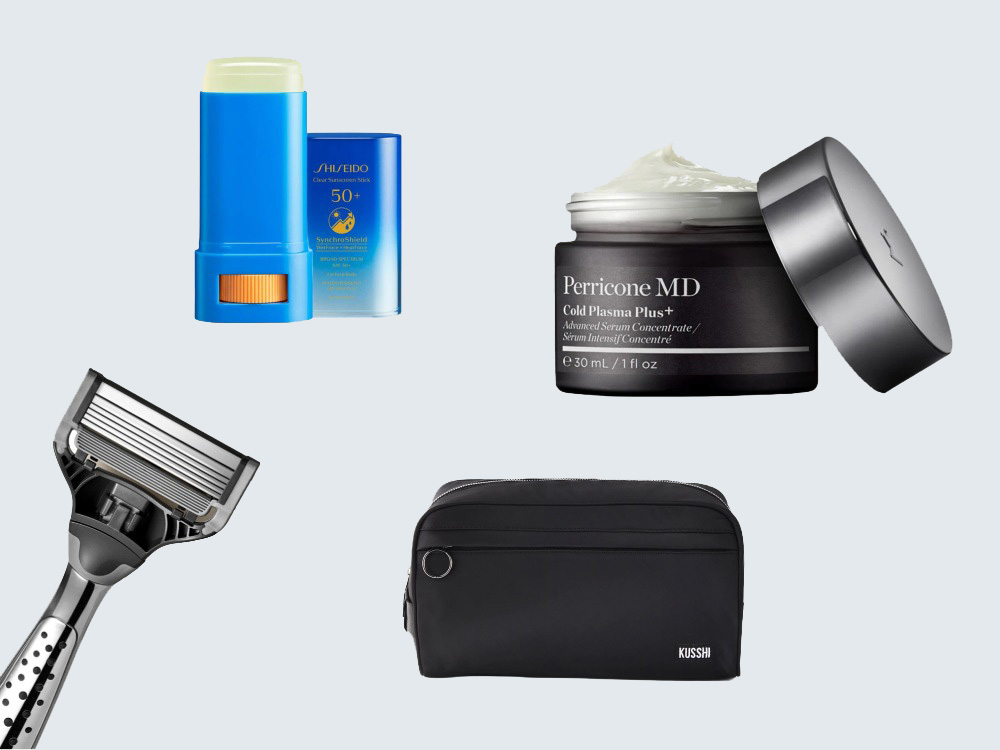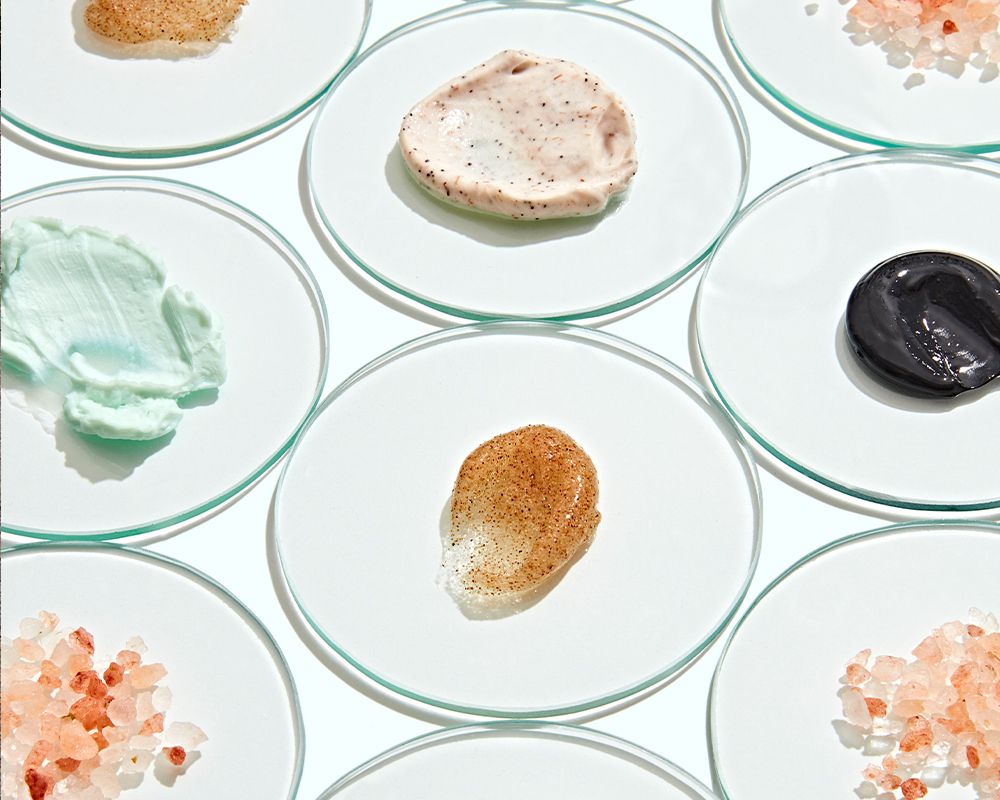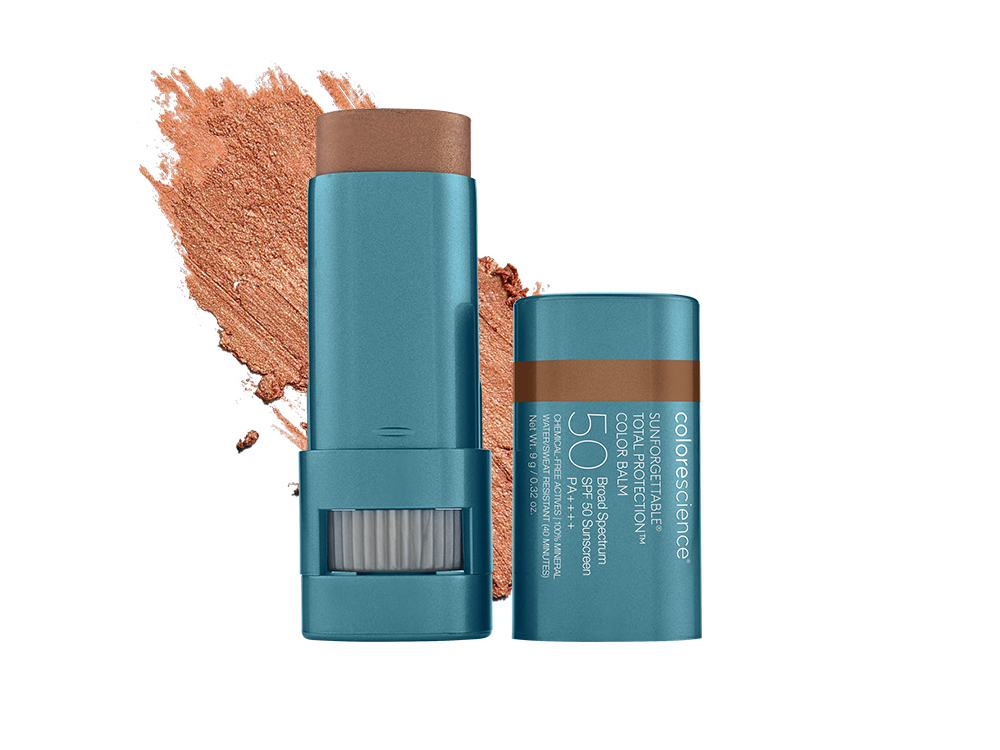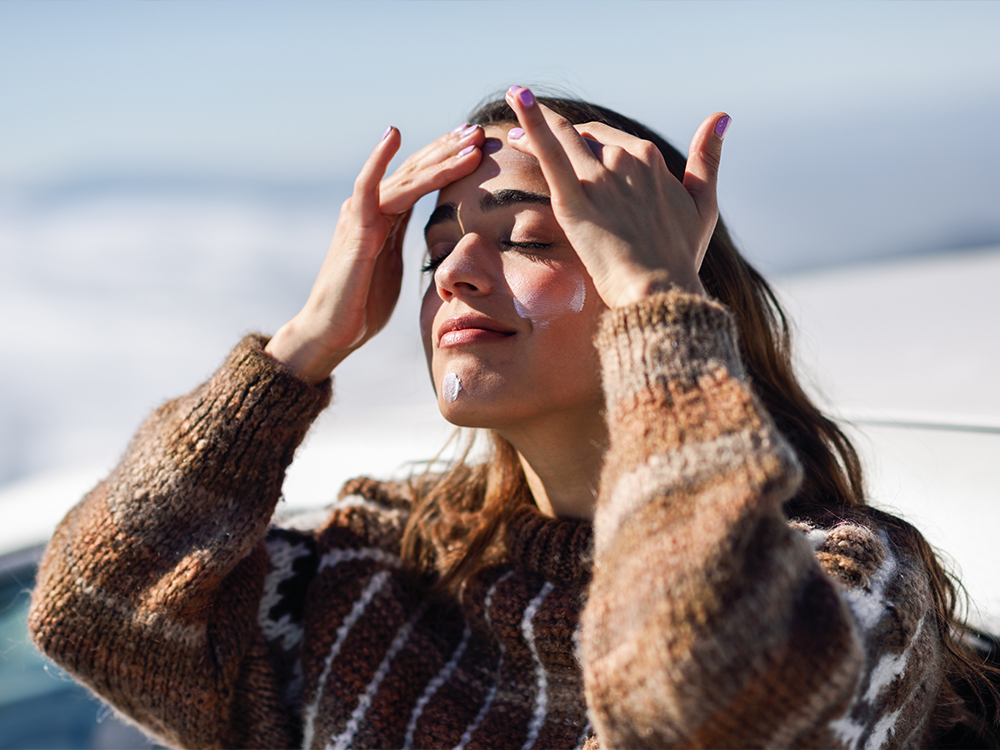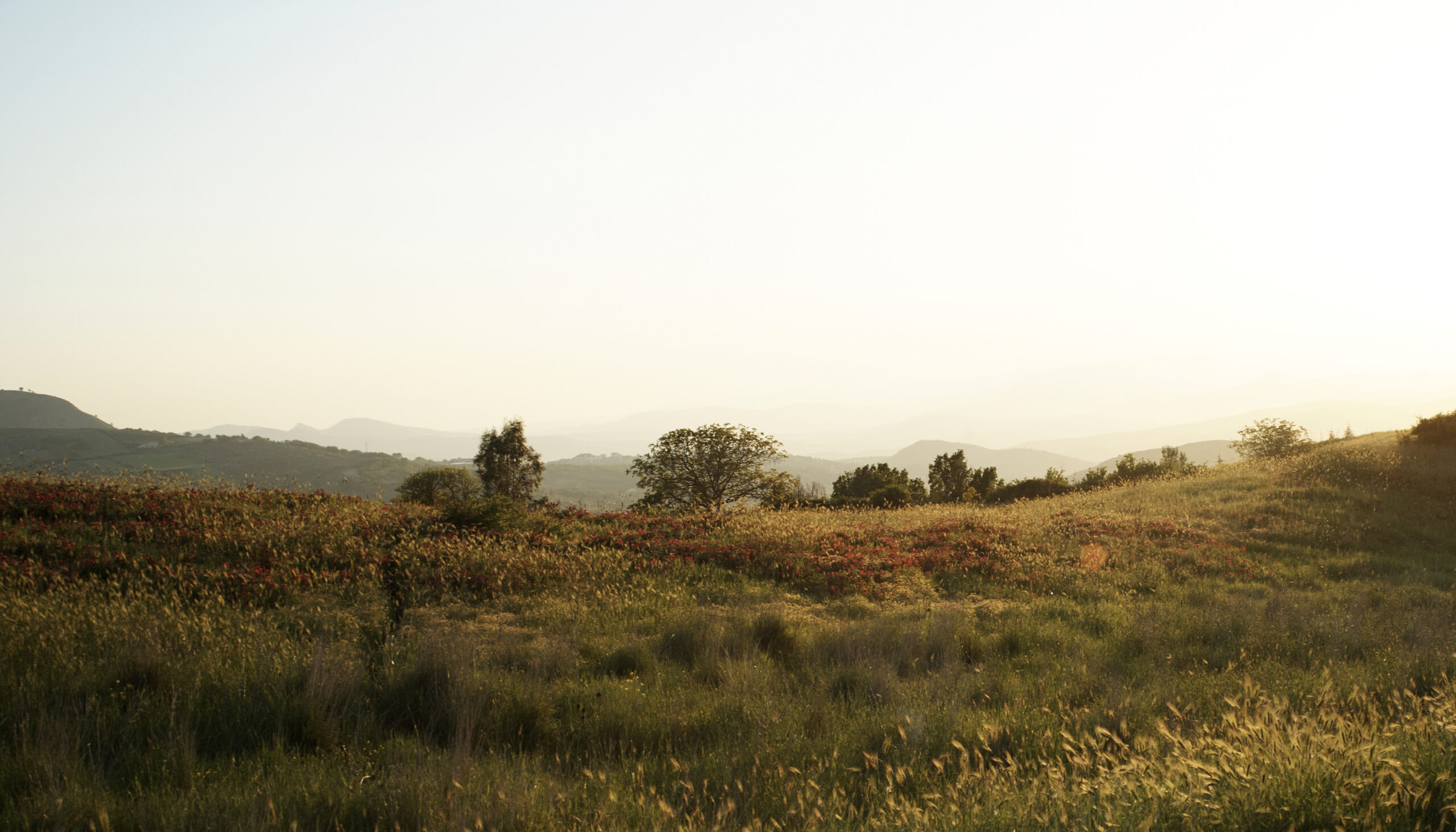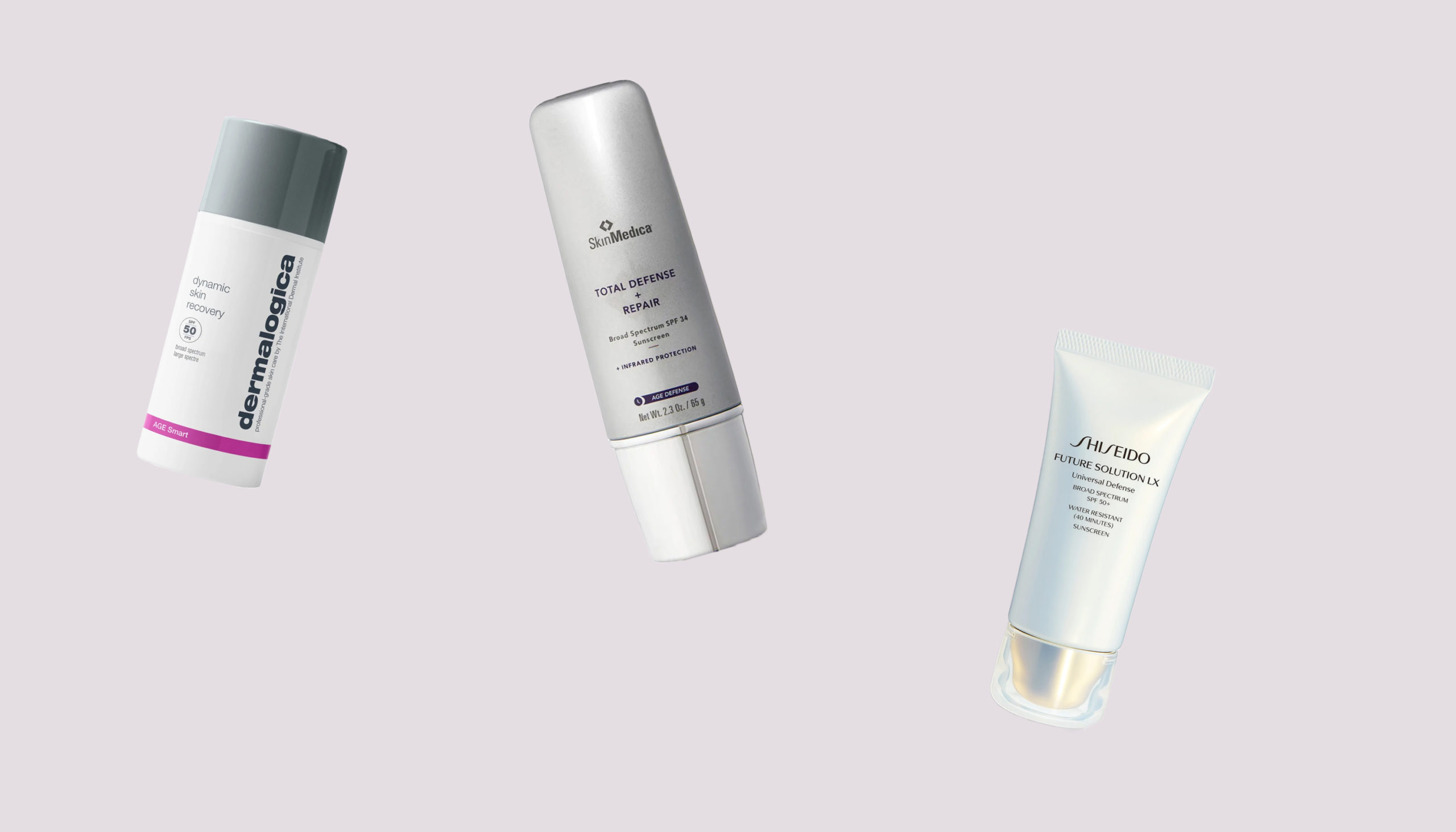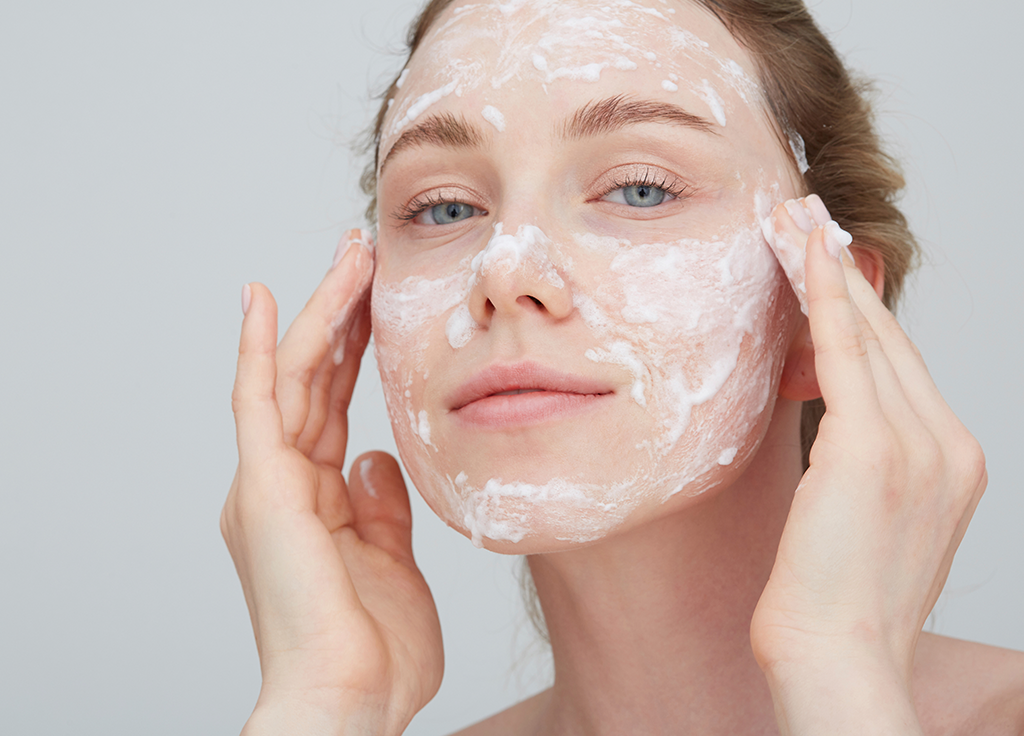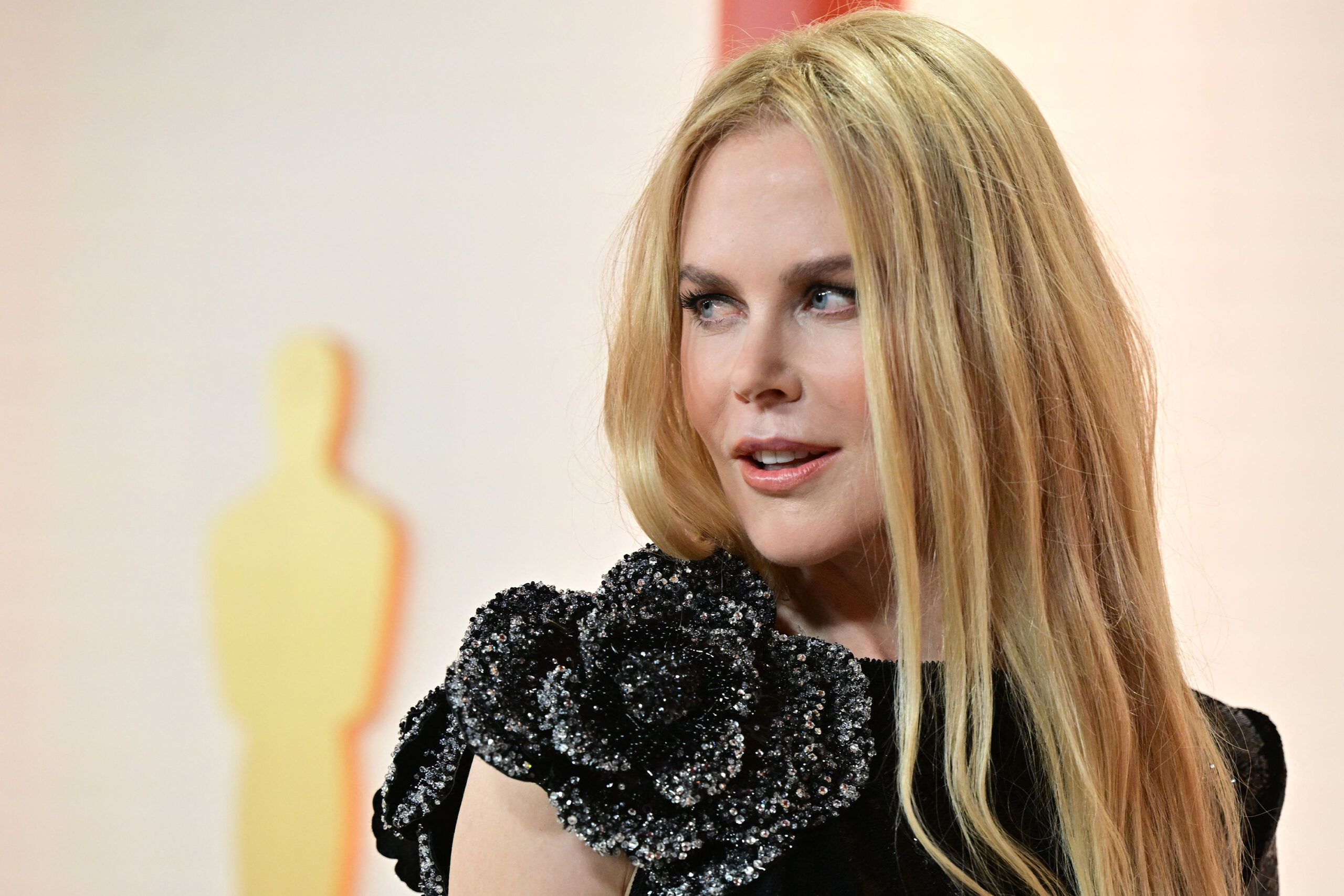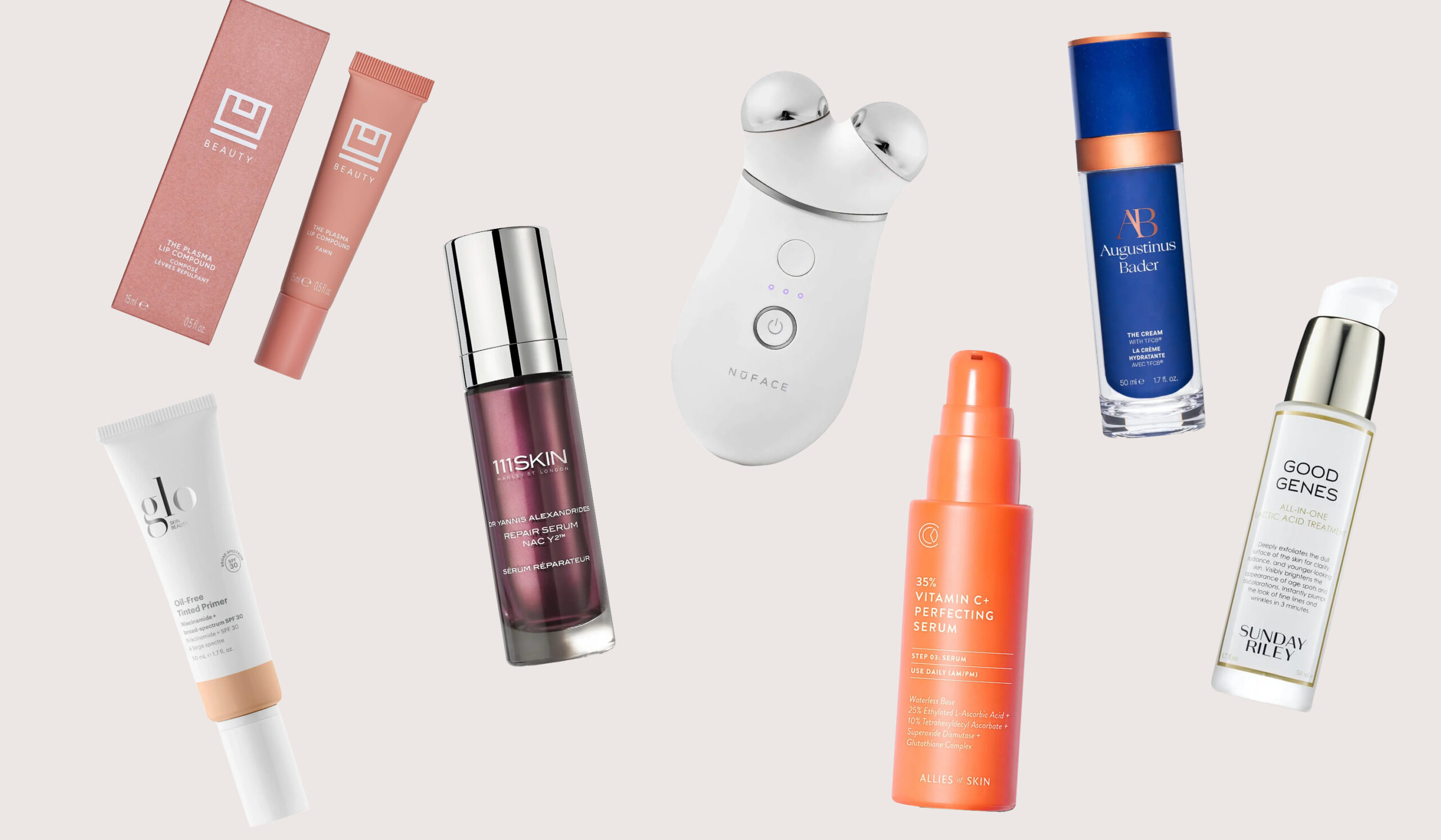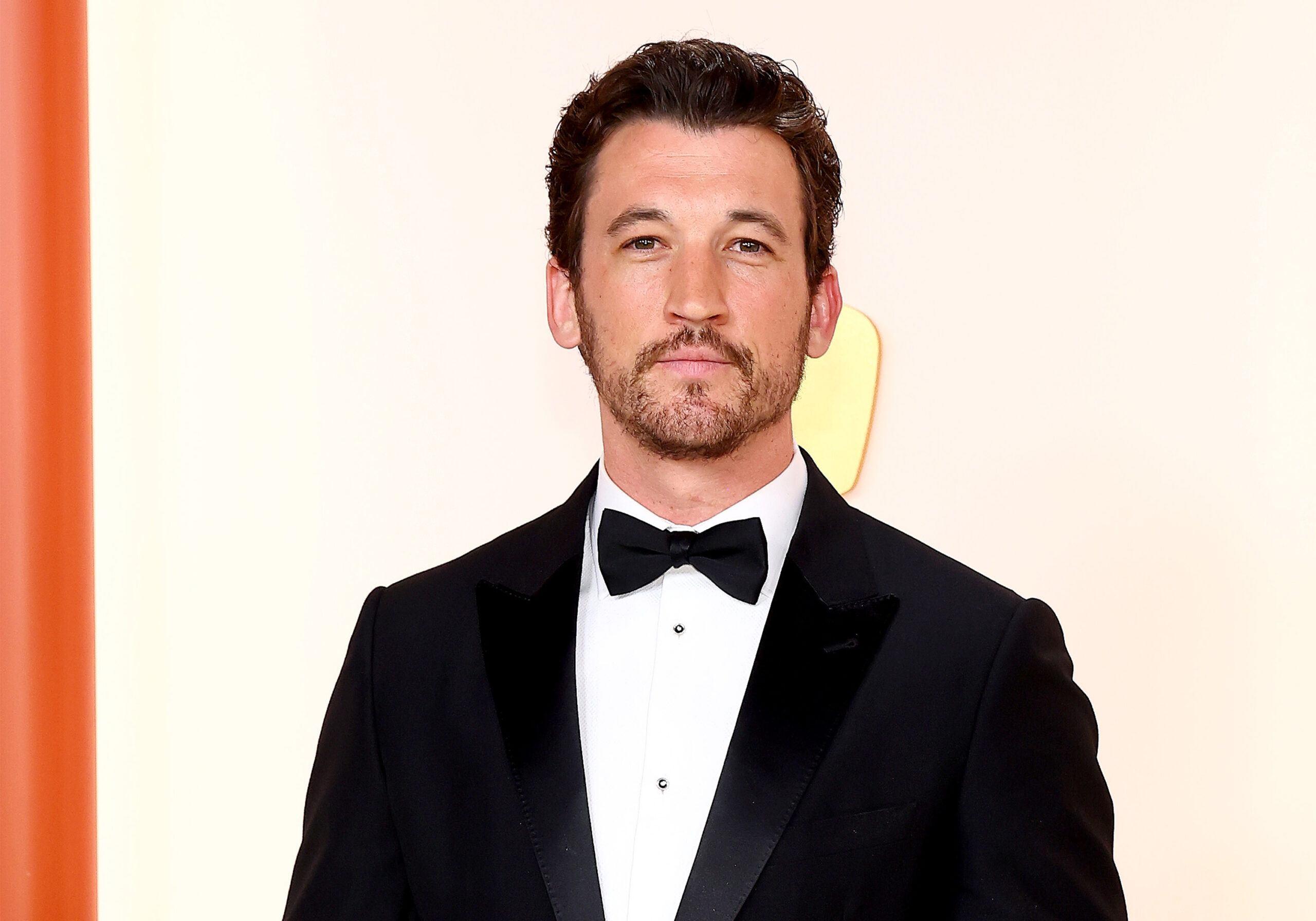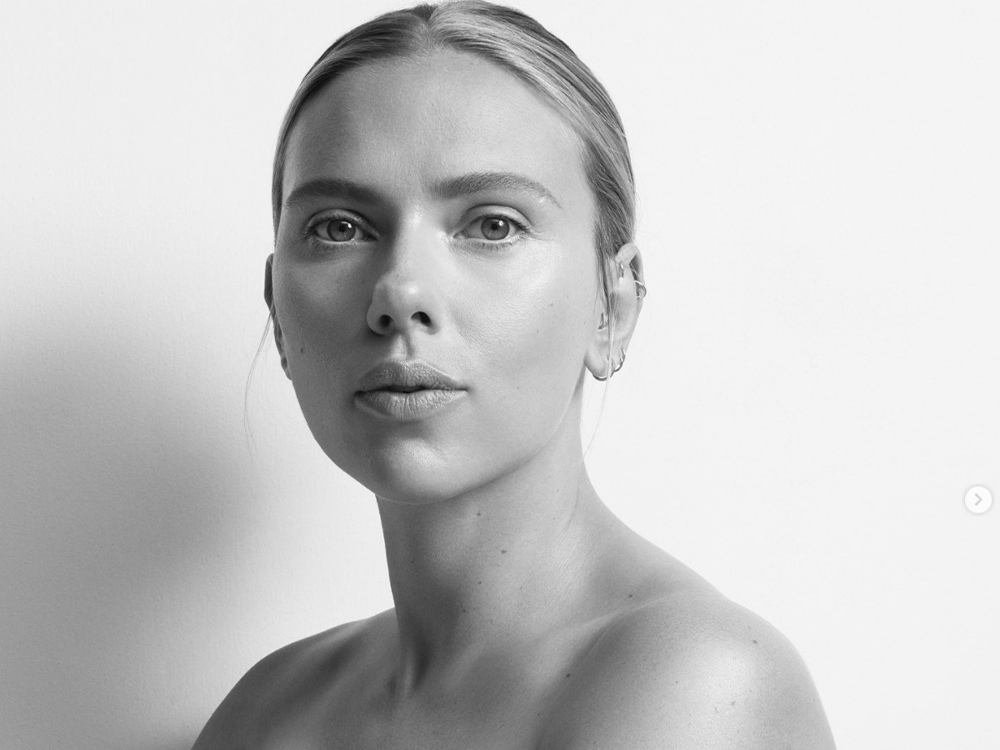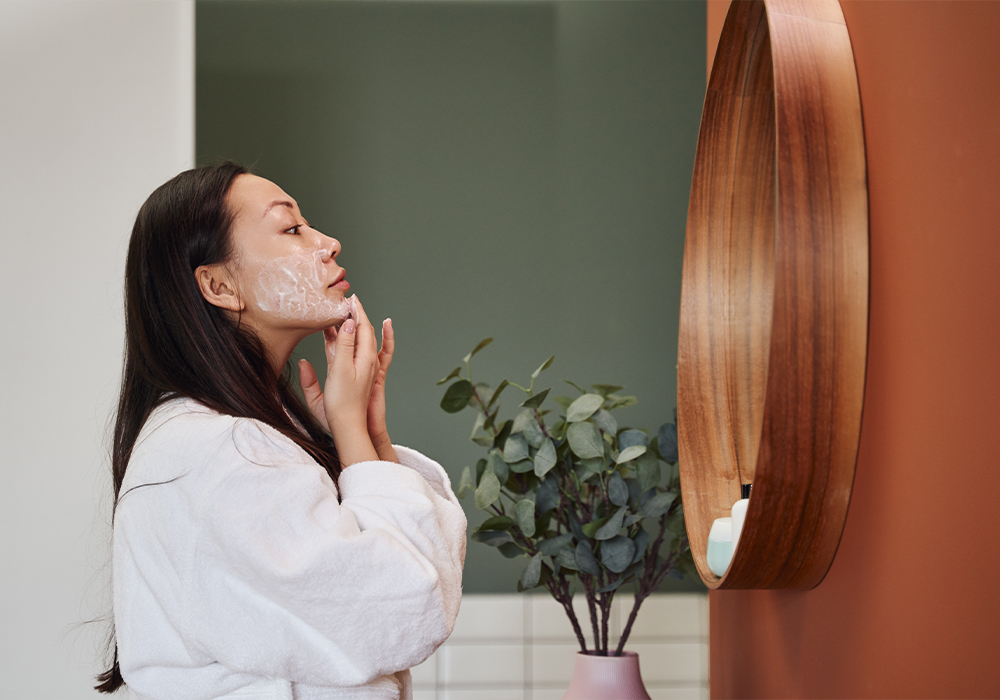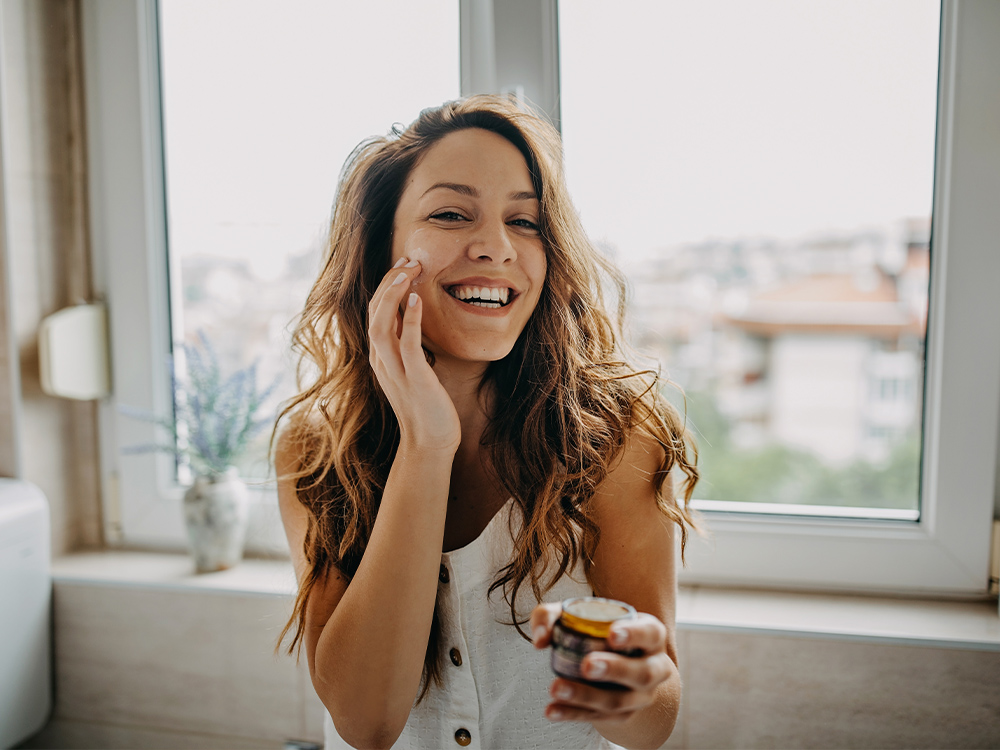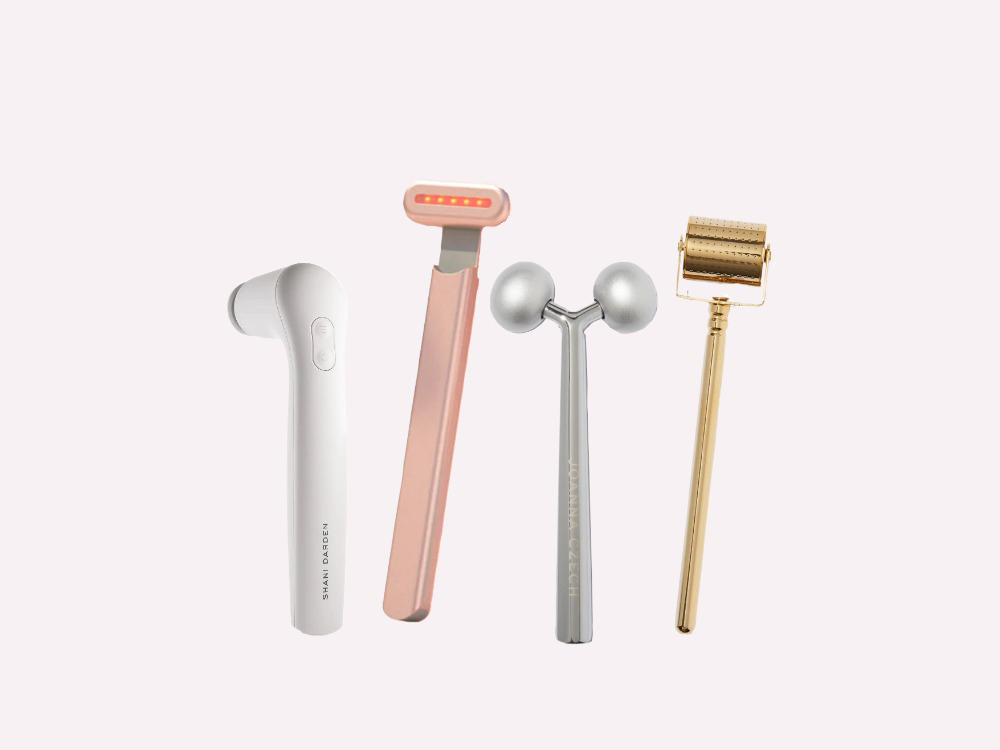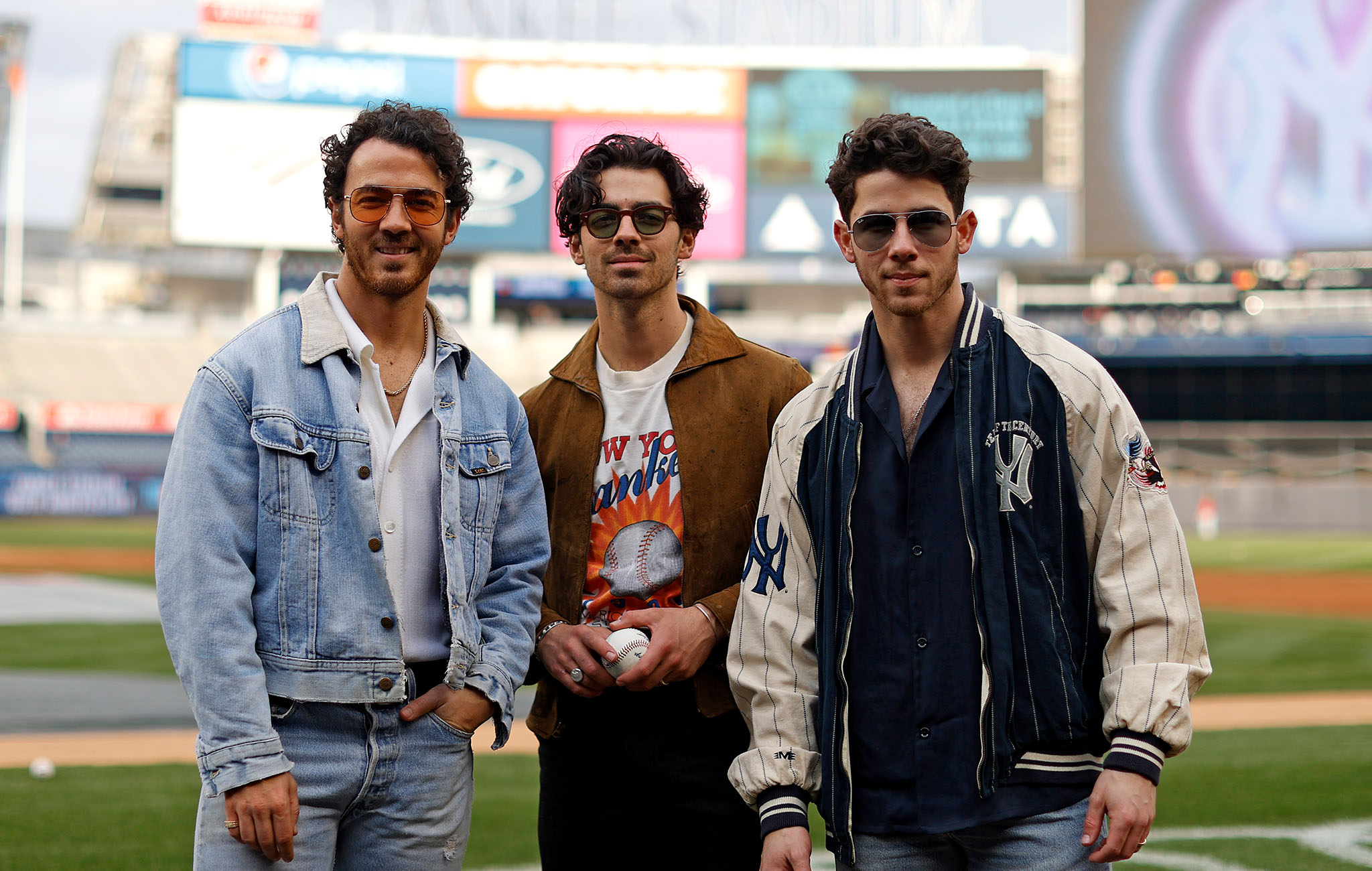Priyanka Chopra Jonas has been championing the inclusivity conversation for years. She was recently appointed as UNICEF’s Global Goodwill Ambassador and Forbes named her as one of the World’s 100 Most Powerful Women, but she’s just getting started. As the newly appointed face of OBAGI’s latest campaign, SKINCLUSION, Chopra Jonas has her eyes set on converting the beauty arena’s standards of inclusivity—and she’s no newcomer to the space.
“I’m the daughter of two physicians, so I’m a big believer of science and I’m very particular about what I put on my face,” she told NewBeauty in a recent interview. “When you work in movies, your face gets blown up to 77mm and you can see everything. It’s like a magnifying mirror. So, it’s part of my job to be able to take care of my skin. I spend a lot of money on a lot of really high-end products, but I’m not even being considered in the clinical research trials behind them,” notes Chopra Jonas. “Most skin care products available in the market only conduct clinical research on types one, two and three of the Fitzpatrick Scale,” she explains of the scale that reduces all of the world’s skin types into six tiers. “I’m a four,” she adds.
Now, Chopra Jonas is asking some questions: “Why, as a consumer, am I not important? Why is my money not as important as someone else’s? Why is there not research done for my specific skin type?” And that is where her latest role comes in: “The fact that OBAGI is clinically tested on MY skin type makes me feel like I can trust the brand as a consumer.”
You May Also Like: Why Nicole Kidman Is Cracking Down on Keith Urban’s Bad Beauty Habit
NewBeauty: How did you first learn about OBAGI?
Priyanka Chopra Jonas: I don’t know what happened after the wedding—maybe it was too much partying, or moving to LA, or just traveling like crazy—but something was happening on my face. It was a weird rash, like bumps, and I was freaking out. My management was speaking with OBAGI at that point and I met Jaime Castle, the president of the company. She did a consult on my skin and sent me away with these OBAGI products that were specifically made for my skin. They really changed my skin: it made it clearer, better, more glowy—the rash was gone in a month and a half. I didn’t know much about the product very much then—I had heard about it because it’s a medical product, but I didn’t know that I could access it and use it myself—or that my husband could use it too.
NB: Does [your husband] Nick steal any of your skin care products?
PCJ: He keeps this one product—the HydraFactor—in his toiletry bag. He loves it, it has his SPF in it and it’s always right on top of his bag. He loves it.

Photo courtesy of OBAGI
NB: Why is this campaign so important to you?
PCJ: Your skin is the only thing you have with you every day. You wear it every day. It can’t be like clothes, we can’t change it, and it’s the first impression someone notices when they meet you. If you have a pimple on your face or acne you feel like the whole world is looking at you, right? And it just takes having products—and the availability of products—that are specifically catered to you. And OBAGI does that. I love the fact that this campaign even calls out the beauty business and says we’ve been doing it for 30 years—saying, “yes, it’s a little bit more expensive, but why do you not do it? Do these skin tones not matter?” I just love the audaciousness of that.
Diversity is so much more than a billboard with six ethnicities. Diversity is a mindset, it’s a thought process. It’s inclusion when it comes to gender, religion, sex, race—the biases that we have as people that we as educated, eloquent people don’t even realize. For example, you see two people in scrubs: one male, one female. Most people would make the assumption that the male is the doctor and the female was a nurse. My mother was a physician and she was in scrubs. So boxes cannot exist anymore. We, as a society, have evolved so much, so our mindset has to evolve with that to make world is a little bit more tolerant, inclusive, and peaceful. Instead of thinking, “Alright, this person is different, I don’t want to offend them, so I’m just going to step back and be wary,” why aren’t we curious? Why aren’t we leaning in and saying, “I don’t know about you. Where do you come from? What is it like?” It’s just an attitude shift, and it will make such a big difference in the world that we create for our kids.
NB: On that note, tell me a little bit about the Indian skin-care rituals you grew up around. Have you adopted a lot of those practices and ingredients into your present-day life, or have you begun to shift into a more medical, science-heavy mindset when it comes to skin-care?
PCJ: I’ve always done both. Eastern healing is something I’ve been blessed with—obviously because I come from such an ancient culture where there have been beauty secrets passed on from generation to generation for thousands of years—but I always took it for granted. I was always like, “Eh, I don’t want to put this in my hair, I don’t need coconut oil, I don’t need turmeric, I don’t want to do all of these things,” and then suddenly it blows up in the rest of the world and you’re like, “Oops, should have listened to my mommy.” But I didn’t for the longest time. My grandmother used to put all of this coconut oil in my hair as a kid and I was like, “Stop it! I don’t want the smell of it, I hate it,” but I’m Pantene’s brand ambassador for a reason [laughs]. Thank you grandma! But that’s what I mean; it has to be a cohesive mix of both I feel. Again, I’m a science student, a physician’s daughter, I believe in science as well, but at the same time, I’m also a believer in the natural existence of goodness that exists all around us. It’s the balance of both.
You know, there’s nothing wrong with self-care. I feel like in society we term self-care as feminine—boys don’t need to do it, men don’t even need to wear moisturizer—my husband wears it. The longest relationship you’re going to have is with yourself. You’re born with yourself and you die with yourself. If we don’t invest in ourselves, no one else is going to invest in us. If we don’t have the faith in ourselves—which includes taking care of your physical self of your mental self of your emotional self—then we won’t be able to have the world invest in you either.
NB: What are some ways you practice self-care?

Photo courtesy of OBAGI
NB: Does giving your body what it needs include working out or doing anything to stay so fit?
PCJ: Good question [laughs]. I do, but not as much as I should. I never worked out in my 20s, but when I hit my mid-thirties I was like “Girl, you have to do something. Things are changing.” Because I don’t usually have time to work out, I’ll do quick things like taking the stairs, walking instead of driving, and I’ll eat smaller meals every couple of hours instead of eating a massive meal right before bed, which is what I used to do all the time. Awful!
Right now, I’m on a quest to find a workout that I love. I do love going to the gym and doing weights, but I’m trying to change my body type a little bit, so I’m gravitating towards more lengthening exercises. I tried Pilates and I pulled my back muscle, so that’s a no. I did yoga, which I loved. My life is moving at such a fast pace, so the focus of it is what I loved the most. Every posture you hold requires such intense focus because even if you laugh, you’ll fall, but it’s also something that strengthens you at the same time. Again—yoga is from my country, but I’m only discovering it and its benefits now. See, this is not a stereotype. I’m the Indian who didn’t know about yoga and is discovering it now!
